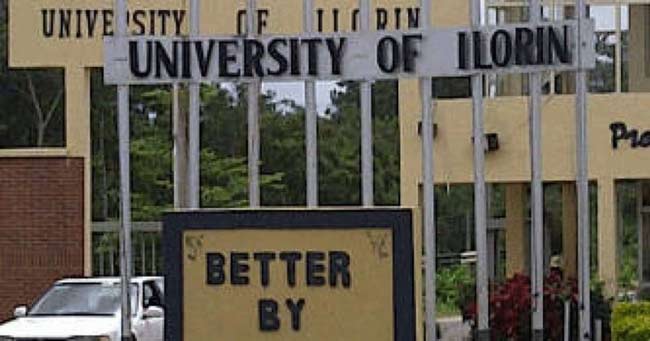The Faculty of Science, University of Lagos (UNILAG) has been urged to deepen its commitment to research, industry collaboration, and academic innovation as it enters its next 60 years.
Delivering his keynote address at the 60th anniversary celebration of UNILAG’s Faculty of Science, Geoscientist and industry expert, Dr Kehinde Ladipo, lamented the systemic barriers to research and development in Nigeria, especially the lack of access to data.
At the event themed: ‘Faculty of Science: 60 years before and 60 years from now,’ Ladipo cited an example where data from the ‘60s is still being treated as confidential, making research unnecessarily difficult and progress sluggish.
“How do you expect meaningful research to happen when foundational data is still locked up? We need policy clarity, proper data management, and access systems if Nigeria is to benefit from its scientific institutions,” Ladipo said.
He also emphasised the importance of strategic partnerships between academia and industry, suggesting that while government funding can sustain long-term foundational research, private sector investment should be channelled towards operational and innovation-driven goals.
According to him, there must be a stronger interface between universities, government agencies, and private sector players, reminding that no single institution can drive national growth alone.
Ladipo, subsequently, called for a coordinated national approach to research and development, which includes funding, policy reform, and collaboration.
Earlier in her remarks, the Deputy Vice Chancellor (Academic & Research), Prof. Bola Oboh, took the audience through the history and evolution of the Faculty of Science, while announcing a major structural transformation effective August 1.
Oboh disclosed that the faculty will be unbundled into four distinct faculties; Computing and Informatics, Earth and Physical Sciences, Life Sciences, and the proposed Faculty of Agriculture and Food Sciences.
“This restructuring is not a break-up, but a bold step to deepen specialisation and expand our capacity for inter-disciplinary collaboration,” she said.
Oboh charged the academic community and alumni to remain united and proactive, especially as the faculty navigates the pivotal transformation.
Prof. Olayinka Asekun, the current Dean and first female dean in the faculty’s 60-year history, described the event as a ‘celebration of transformation.’
She also highlighted the importance of aligning science with national development. The event featured reflections from past deans, academic pioneers, and alumni members.






